Rebuilding and Navigating Trust in Mental Health – by Ferris Knight

Recently I started seeing a new doctor. He seemed nice enough and it was only short term as my psychiatrist didn’t have admitting rights to the hospital. This meant that control of my health was given to someone who saw me for five minutes twice a week instead of the doctor I’d seen for years and built trust with. But I was there because I didn’t know what to do anymore. Everything I’d tried hadn’t helped, and it all got more serious than I could deal with at home. I thought I’d be admitted to the hospital for two or maybe three weeks.
Moving to another city – by Alicia Kapa
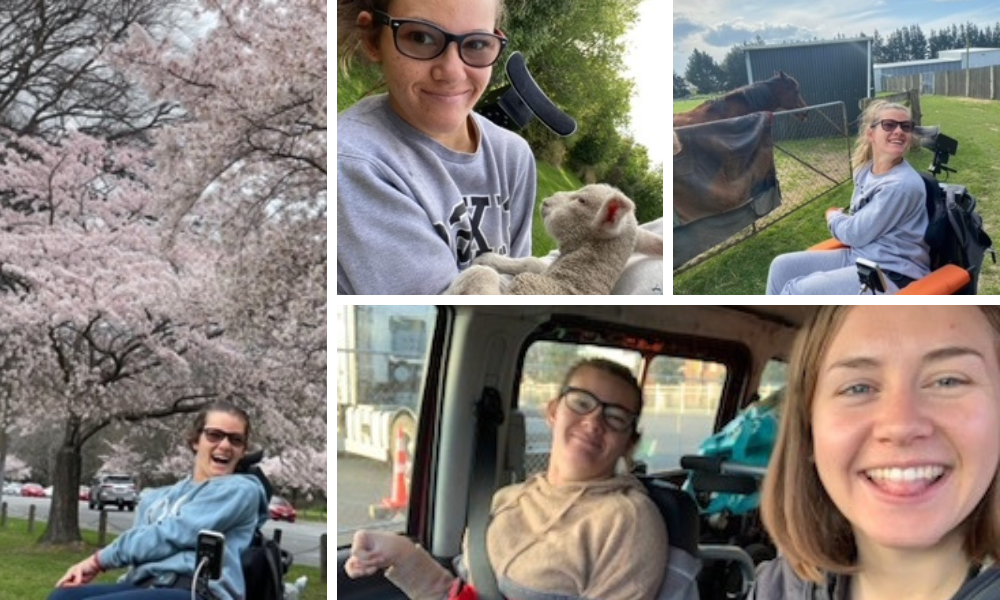
So in my last blog, I said I had something exciting happening that I was going to tell you about in my next blog. The exciting news is that I moved again, not only houses but also cities and even islands!!
Life After a Spinal Cord Injury is Different, But it Goes On – by Lindsay Nott
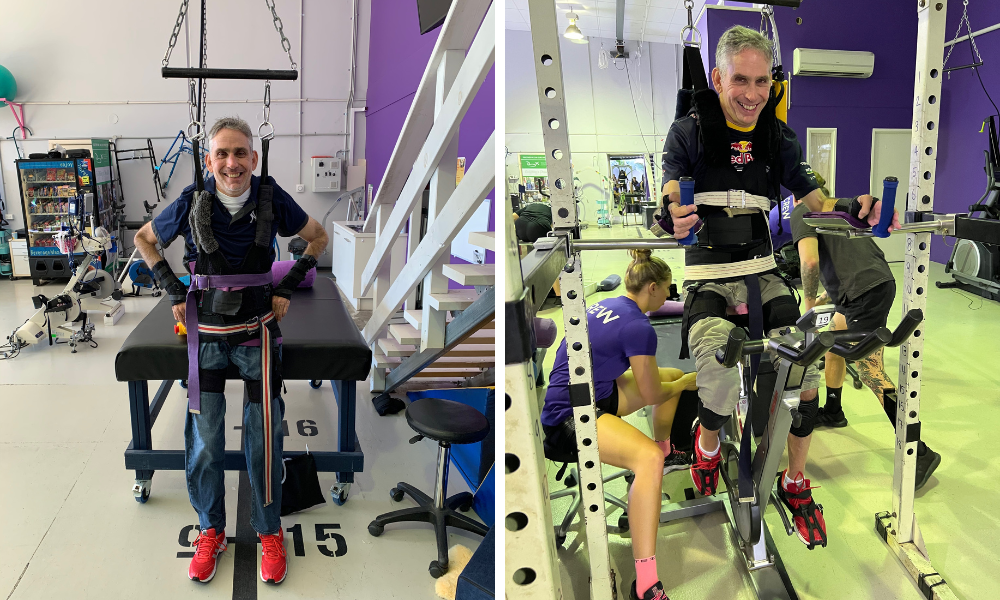
During rehabilitation I took part in weekly gym sports activities - different things ranging from 10-pin bowling, rugby, and going to the movies. Not only did I do physiotherapy and got my body moving, but I also wanted to become more independent
How good are REAL friends? – by Marlene Katene

I LOVE my friends and every day consider myself blessed to have them.
When I think of all the good times in my life or the times that have made me smile the one common thing is that during these times I have always had my friends beside me.
Having a disability, the importance of friendship is a vital ingredient to living a good life and a life of purpose and meaning. Having a friend to laugh with, cry with or share thoughts with is absolutely everything in my world and my biggest asset of all.
Para-Sport Inclusion Matters - by Susan Seipel
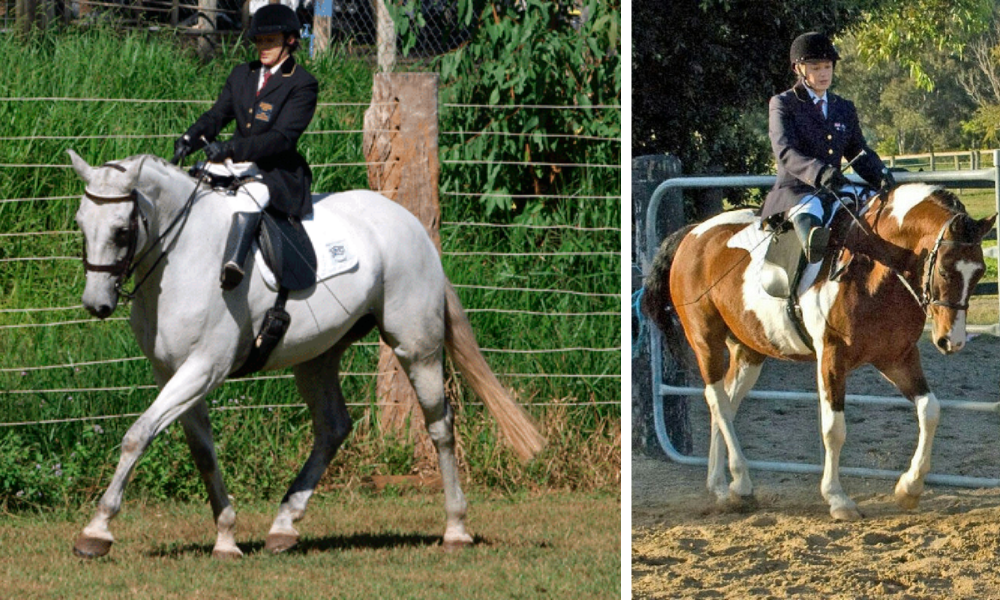
The inclusion of para-sports into able-bodied events has steadily risen over the past 20 years. Most recently demonstrated at the Birmingham 2022 Commonwealth Games, which integrated the largest number of para-sports in history (42 events across eight sports). My opinion is that para-sport has benefited greatly from inclusion, including the use of shared facilities and organising bodies, increased media attention, and more competition opportunities. In turn, the event reaps benefits from reflecting social expectations, increased participation, and revenue gains.
To be or not to be - Disabled? - by Ian Walker
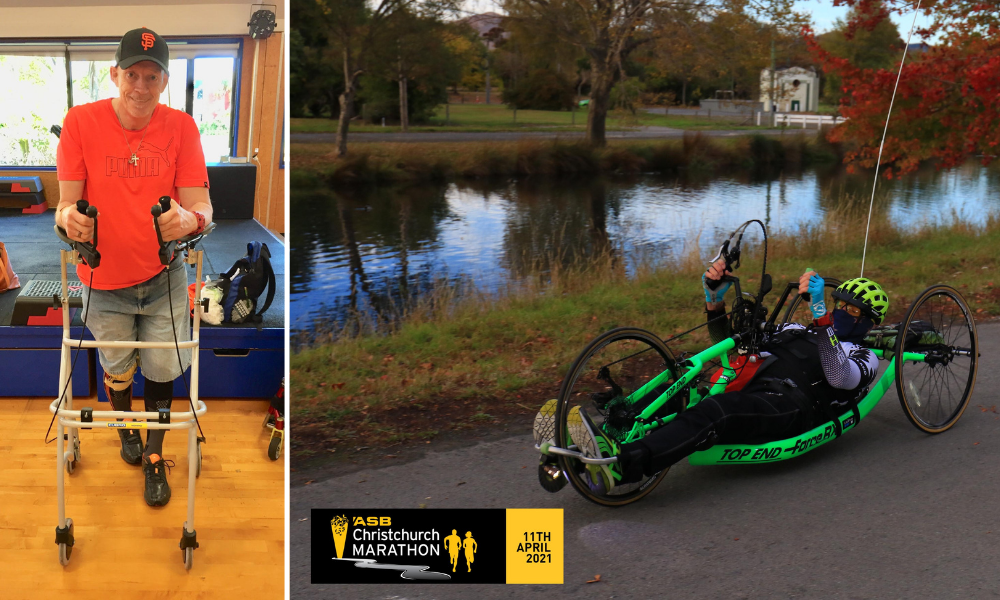
Borrowing this (paraphrased) line from Shakespeare’s play, Hamlet, I have, on many occasions, questioned this of myself. It is also a question I have had asked of me on more than one occurrence. Firstly, I believe one needs to understand the concept of what is disabled.
Sports Integration – by Eliza Ault-Connell AM
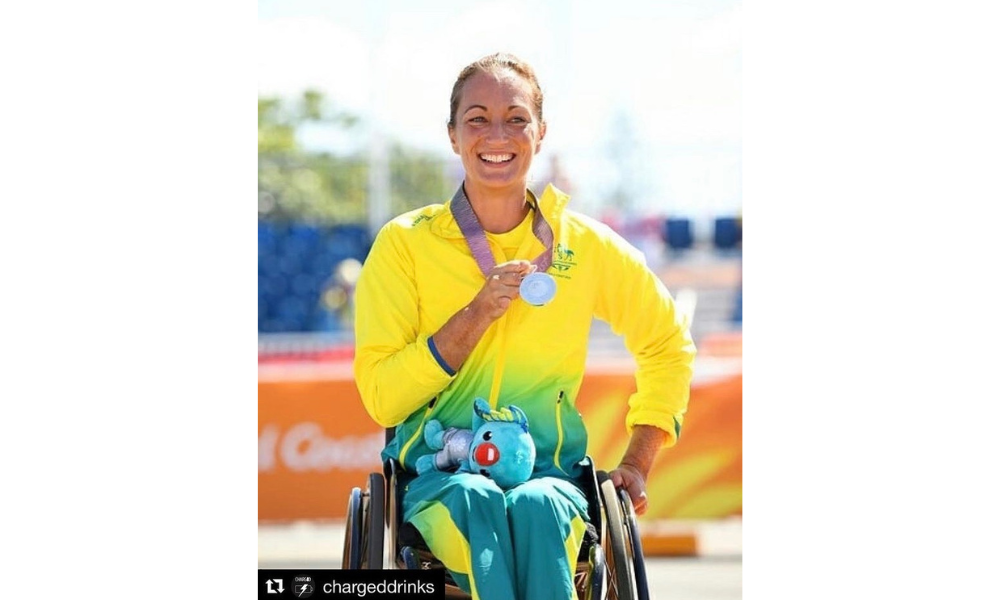
Many of us enjoyed the recent Commonwealth Games and our stellar effort bringing home a swag of medals in what was one of our most successful away games ever. We got to see the best Able and Para athletes compete alongside each other and live the village life. They stayed at the same accommodation, competed at the same venues, and took home the same accolades and medals. It had many people around the world supporting an integrated sporting future moving forward. Many people asked why were there such few para events at the Commonwealth Games.
I use an AAC board to communicate and I don’t have an intellectual disability – by Tyron Cook
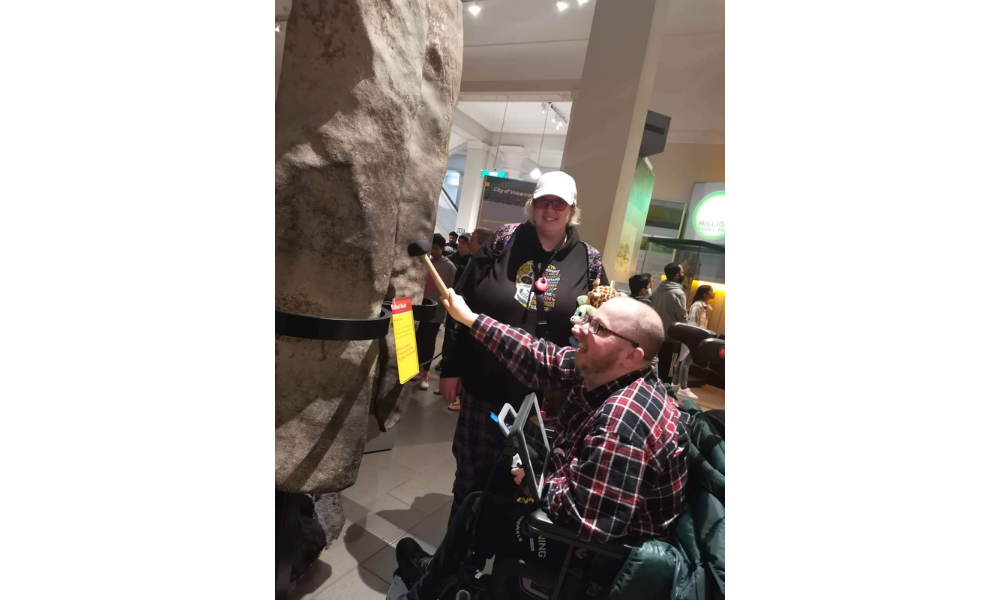
People think because I require the use of AAC, that these words do not come from me, that they are not my thoughts and feelings. CORRECTION, everything you are seeing and hearing is all me, when you hear me use mouth words, you only get 40% of what’s in my head as there is a disconnect between my brain and mouth.
Best friends - in sickness, surgery and everything in between - By Jess Cochran and Ferris Knight
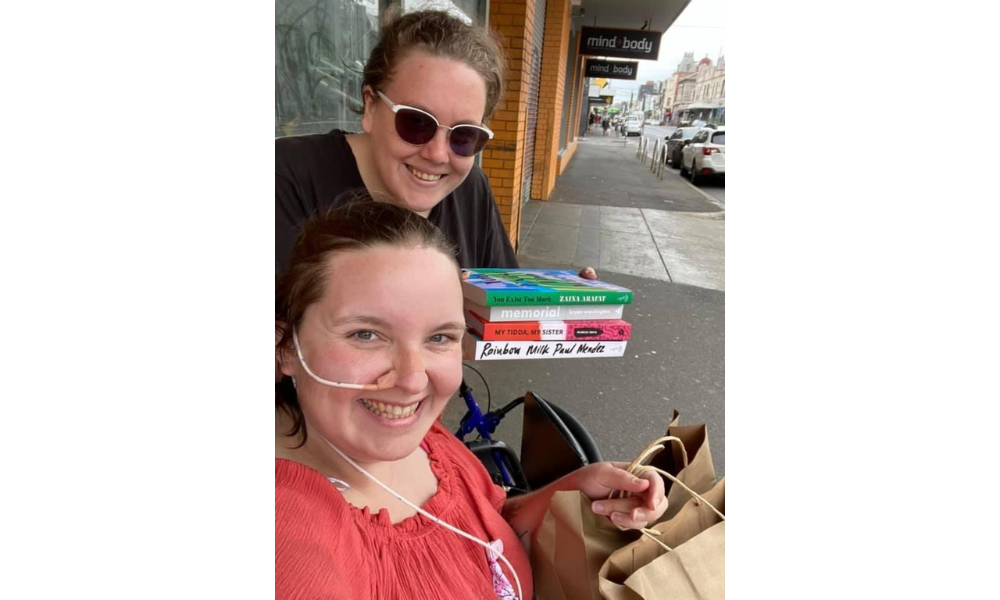
Friendship can often be difficult when you have a chronic illness. Pop culture tells us it’s supporting each other through things like break-ups and with frustrating work colleagues. Sometimes people don’t understand other things that may come with the territory, such as hospital admissions, plans cancelled last minute, needing rest or having different priorities. Taking care of yourself can look different for those without chronic illnesses, as can a fun night out.
Travelling as a person with a disability - by Lindsay Nott
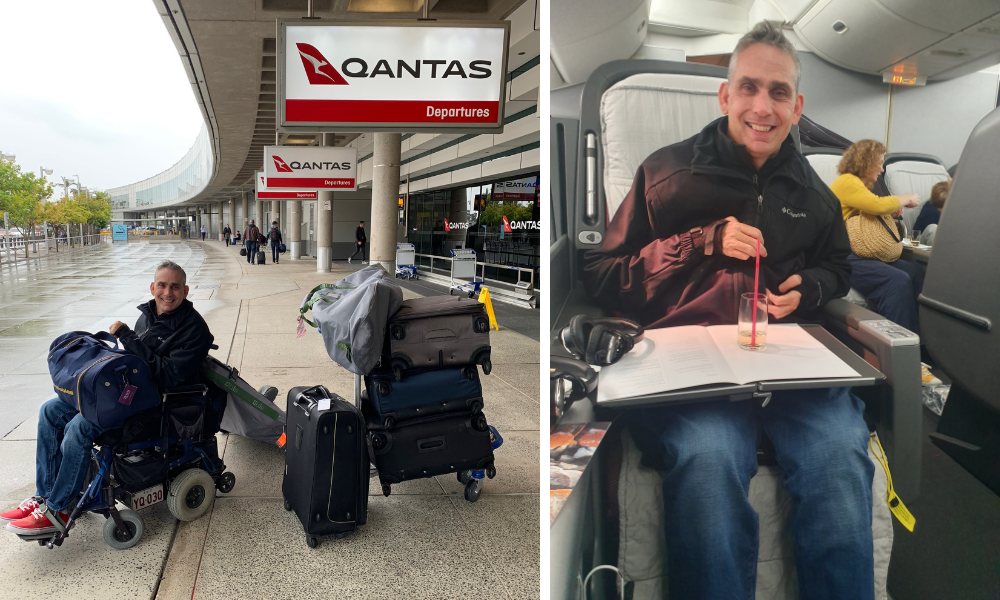
Travelling... We all want to go back to travelling however air travel can be a bit more complicated with a spinal cord injury (SCI), but it’s doable as long as you prepare and keep an open mind. I’ve been fortunate enough to travel on more than 50 flights since my accident – and I plan on flying many more times!
Here are my tips and tricks to make flying with an SCI as comfortable as possible.
Air travel
